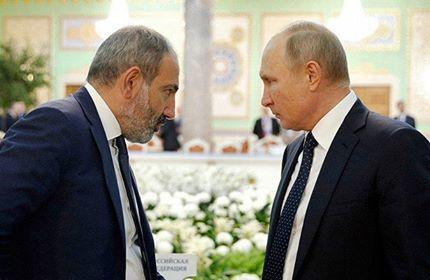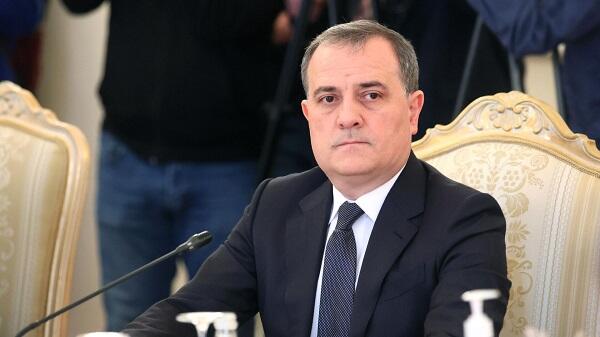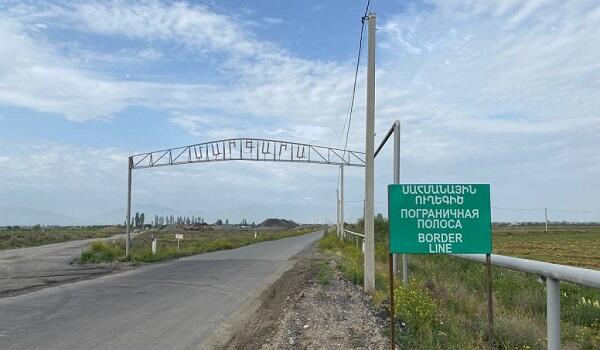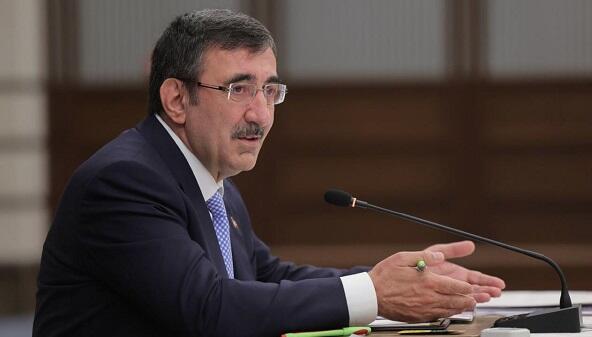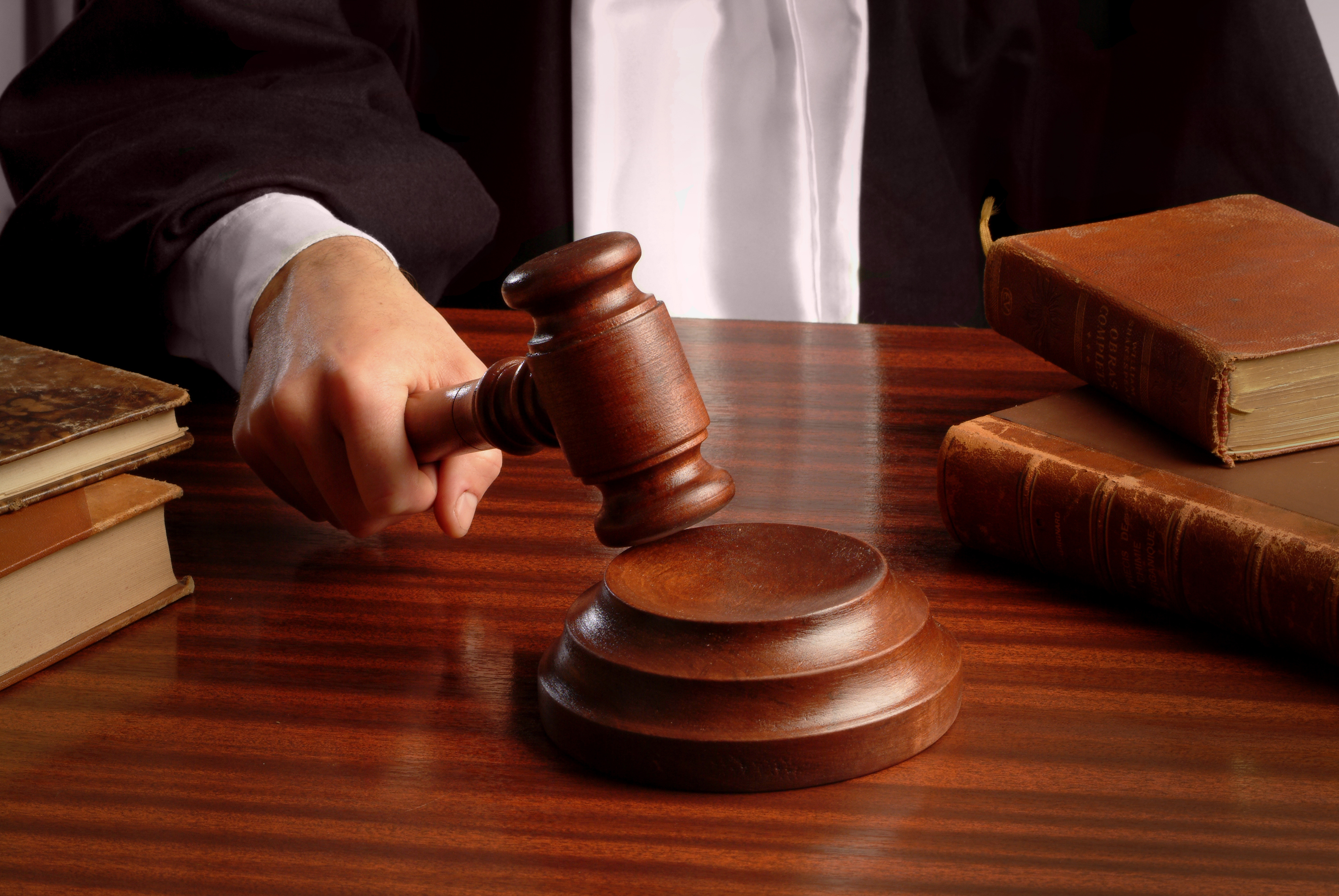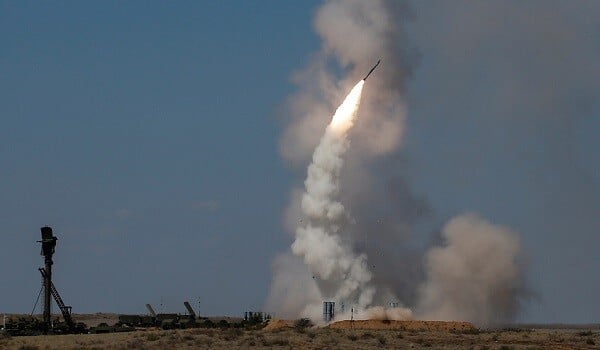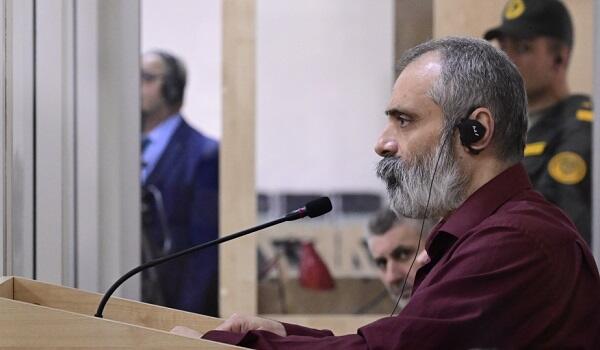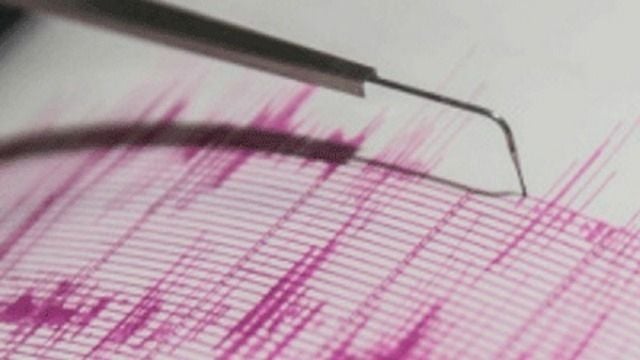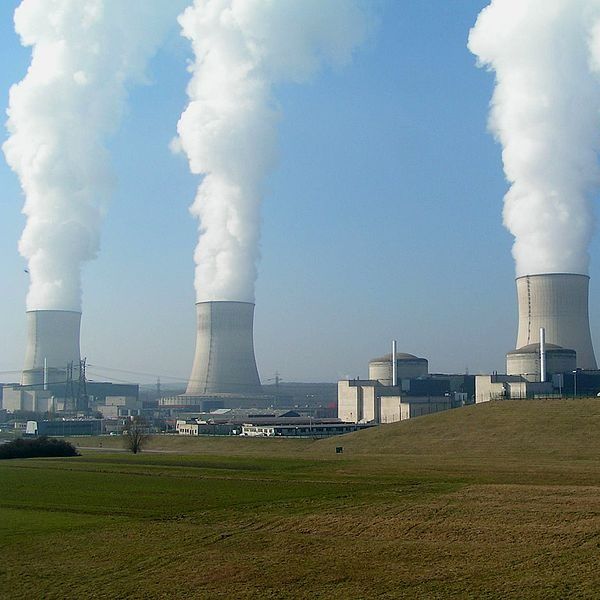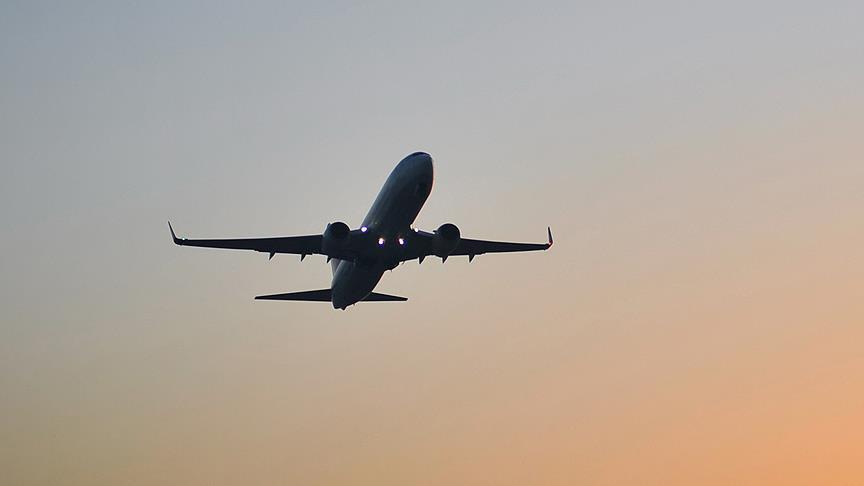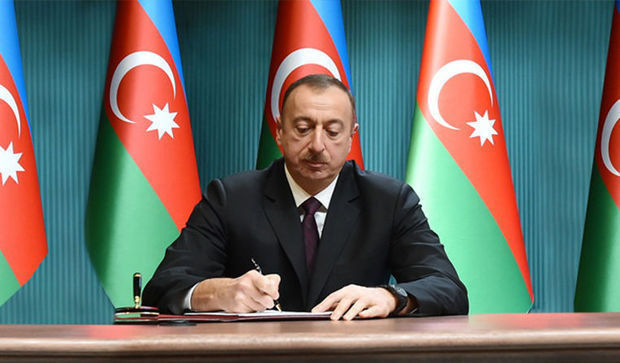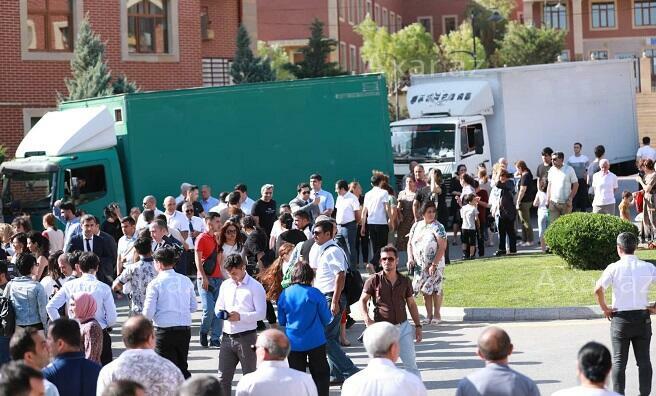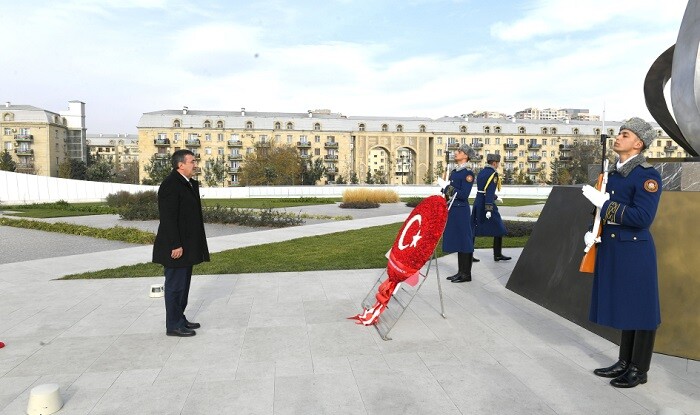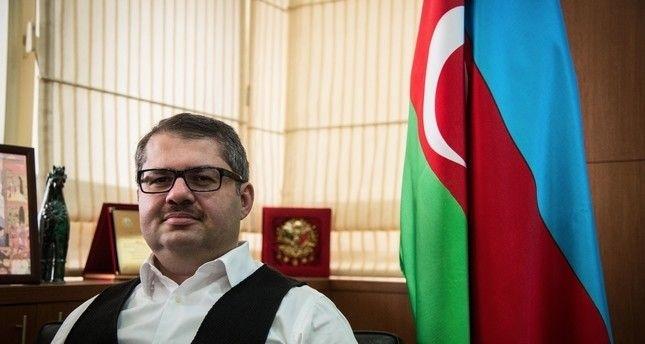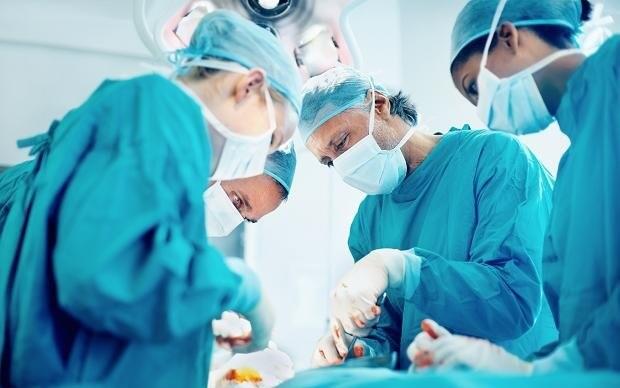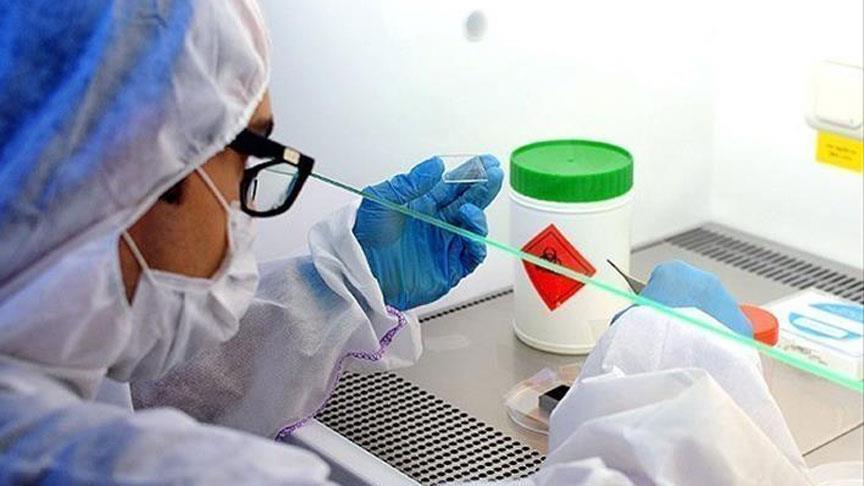We've been warned repeatedly about the health perils of being out-of-sync with our body clocks. BBC reports.
Are we eating in the right way for these circadian rhythms, and could changing our mealtime habits boost our health and help us lose weight?
'Breakfast like a king'
What did you eat this morning for breakfast or lunch?
The chances are it wasn't steak and chips, chickpea curry or anything else you might normally have for dinner.
Yet some scientists believe eating more of our daily calories earlier in the day - and shifting mealtimes earlier in general - could be good for our health.
One study found women who were trying to lose weight lost more when they had lunch earlier in the day, while another linked eating later breakfasts to having a higher body mass index.
"There's already a very old saying, eat breakfast like a king, lunch like a prince and dinner like a pauper, and I think there's some truth in that," says Dr Gerda Pot, a visiting lecturer in nutritional sciences at King's College London.
Now scientists are trying to find out more about what's driving those results and are looking at the relationship between eating and our body clocks, dubbed "chrono-nutrition" by some, for answers.
When you eat
You may think of the body clock as being something that determines when we sleep.
But in fact there are clocks in virtually every cell in the body.
They help prime us for the day's tasks, such as waking up in the morning, by regulating blood pressure, body temperature and hormone levels, among other things.
Experts are now looking at whether our eating habits - including irregular mealtimes and eating too late - are far from optimal for our internal rhythms.
Dr Pot, who studies chrono-nutrition, said: "We have a body clock that determines that every 24 hours each metabolic process has an optimal time when something should happen.
"That suggests that having a large meal in the evening is actually, metabolically speaking, not the right thing to do because your body is already winding down for the night."
Dr Jonathan Johnston, reader in chronobiology and integrative physiology at the University of Surrey, said although studies suggest our bodies are less good at processing food in the evening it was not yet understood why this is.
One theory is that it's linked to the body's' ability to expend energy.
"There's a little bit of preliminary evidence to suggest that the energy you use to process a meal - you use more of it in the morning compared with if you eat in the evening."
Properly understanding the link between when we eat and our health is important, Dr Johnston says, because it could have big implications for helping to tackle the obesity epidemic.
"If we can come up with advice to say, 'Well actually you don't necessarily have to change so much what you eat, but if you just change when you eat,' that little subtle modification might in itself be a really important part of how people can improve health across society," he says.
Beyond this, the timings of our meals could also have implications for people with disrupted body clocks, such as shift workers, who are estimated to make up about 20% of the workforce, Dr Johnston says.
Animal studies have shown that eating at certain times can help re-set circadian rhythms, and now research is looking at if this applies to people too.
In a study of 10 men, Dr Johnston found that delaying their mealtimes by five hours clearly shifted a biological marker of their body clocks.
While it was a small study, Dr Johnston said it suggested that eating at specific times could form part of a strategy to help people cope with a disrupted body clock, something that has been shown to be particularly harmful for health.
More questions
So should we all start eating earlier?
Experts say there are a lot of questions that need answering.
For example, what are the optimum times to eat and avoid food?
How is this affected by our own individual body clock types - be it morning lark, night owl or something in between?
And are there foods that are particularly bad to eat at certain times?
Both Dr Johnston and Dr Pot said the evidence suggested we should be consuming more of our calories earlier in the day, for example by making lunch the biggest meal.
However, Prof Alexandra Johnstone, a nutritionist who is now starting to study in the field of chrono-nutrition, is slightly more cautious.
She says that while there are studies showing that shifting our mealtimes earlier might boost our health, she'd like to see a clearer explanation of what's causing this.
But she hopes forthcoming research can show this and lead to clear guidance for people around when to eat.



